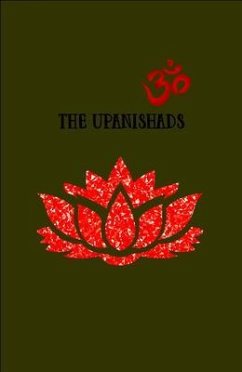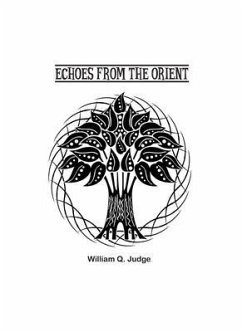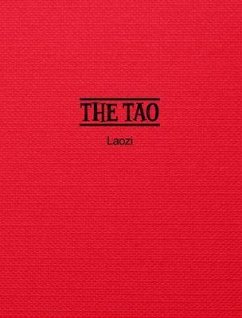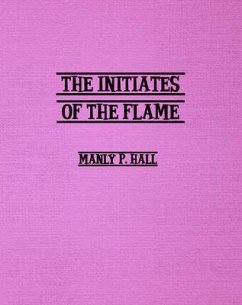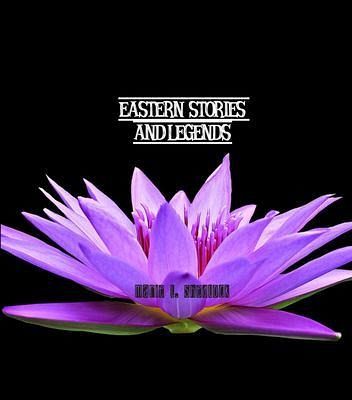
Eastern Stories and Legends (eBook, ePUB)
Versandkostenfrei!
Sofort per Download lieferbar
4,99 €
inkl. MwSt.
Weitere Ausgaben:

PAYBACK Punkte
2 °P sammeln!
Eastern Stories and Legends. By Marie L. Shedlock. Originally Published in 1920."These stories of the Buddha-Rebirths are not for one age or for one country, but for all time, and for the whole world. Their philosophy might be incorporated into the tenets of faith of a League of Nations without destroying any national forms of religious teaching. On the other hand those who prefer the foundation of more orthodox views will be astonished to find their ethics are identical with many of those inculcated in the stories: here we find condemnation of hypocrisy, cruelty, selfishness, and vice of ever...
Eastern Stories and Legends. By Marie L. Shedlock. Originally Published in 1920.
"These stories of the Buddha-Rebirths are not for one age or for one country, but for all time, and for the whole world. Their philosophy might be incorporated into the tenets of faith of a League of Nations without destroying any national forms of religious teaching. On the other hand those who prefer the foundation of more orthodox views will be astonished to find their ethics are identical with many of those inculcated in the stories: here we find condemnation of hypocrisy, cruelty, selfishness, and vice of every kind and a constant appeal to Love, Pity, Honesty, loftiness of purpose and breadth of vision. And should we reject such teachings because they were given to the World more than 2,000 years ago? Since it is wise to take into consideration the claims and interests of the passing hour it is well to re-introduce these stories at a moment when, perhaps more than ever before, East and West are struggling to arrive at a clearer understanding of one another.
In Tagore's essay on the relation of the Individual to the Universe, he says: 'In the West the prevalent feeling is that Nature belongs exclusively to inanimate things and to beasts; that there is a sudden unaccountable break where human nature begins. According to it, everything that is low in the scale of beings is merely nature, and whatever has the stamp of perfection on it, intellectual or moral, is human nature. It is like dividing the bud and the blossom into two separate categories and putting their grace to the credit of two different and antithetical principles. But the Indian mind never has any hesitation in acknowledging its kinship with nature, its unbroken relation with all.'
This is perhaps the best summing up of the value of this collection. Since the publication of the book in 1910, I have had many opportunities of testing the value of the dramatic appeal in these stories both for adults and boys and girls of adolescent age. When presented at this impressionable period, the inner meaning will sink more deeply into their minds than the same truths presented in a more direct and didactic fashion.
I am greatly indebted to Professor Rhys Davids, not only because he has placed the material of his translations from the Pali at my disposal, but also because of his unfailing kindness and help in directing my work. I am fortunate to have had the restraining influence of so great a scholar so that I might not lose the Indian atmosphere and line of thought which is of such value in these stories.
I most gratefully acknowledge my indebtedness to the Cambridge Press, by whose courtesy I have been able to include several of the stories published in their volumes.
I present here a selection from over 500 stories."
- Marie L. Shedlock
"These stories of the Buddha-Rebirths are not for one age or for one country, but for all time, and for the whole world. Their philosophy might be incorporated into the tenets of faith of a League of Nations without destroying any national forms of religious teaching. On the other hand those who prefer the foundation of more orthodox views will be astonished to find their ethics are identical with many of those inculcated in the stories: here we find condemnation of hypocrisy, cruelty, selfishness, and vice of every kind and a constant appeal to Love, Pity, Honesty, loftiness of purpose and breadth of vision. And should we reject such teachings because they were given to the World more than 2,000 years ago? Since it is wise to take into consideration the claims and interests of the passing hour it is well to re-introduce these stories at a moment when, perhaps more than ever before, East and West are struggling to arrive at a clearer understanding of one another.
In Tagore's essay on the relation of the Individual to the Universe, he says: 'In the West the prevalent feeling is that Nature belongs exclusively to inanimate things and to beasts; that there is a sudden unaccountable break where human nature begins. According to it, everything that is low in the scale of beings is merely nature, and whatever has the stamp of perfection on it, intellectual or moral, is human nature. It is like dividing the bud and the blossom into two separate categories and putting their grace to the credit of two different and antithetical principles. But the Indian mind never has any hesitation in acknowledging its kinship with nature, its unbroken relation with all.'
This is perhaps the best summing up of the value of this collection. Since the publication of the book in 1910, I have had many opportunities of testing the value of the dramatic appeal in these stories both for adults and boys and girls of adolescent age. When presented at this impressionable period, the inner meaning will sink more deeply into their minds than the same truths presented in a more direct and didactic fashion.
I am greatly indebted to Professor Rhys Davids, not only because he has placed the material of his translations from the Pali at my disposal, but also because of his unfailing kindness and help in directing my work. I am fortunate to have had the restraining influence of so great a scholar so that I might not lose the Indian atmosphere and line of thought which is of such value in these stories.
I most gratefully acknowledge my indebtedness to the Cambridge Press, by whose courtesy I have been able to include several of the stories published in their volumes.
I present here a selection from over 500 stories."
- Marie L. Shedlock
Dieser Download kann aus rechtlichen Gründen nur mit Rechnungsadresse in A, D ausgeliefert werden.







